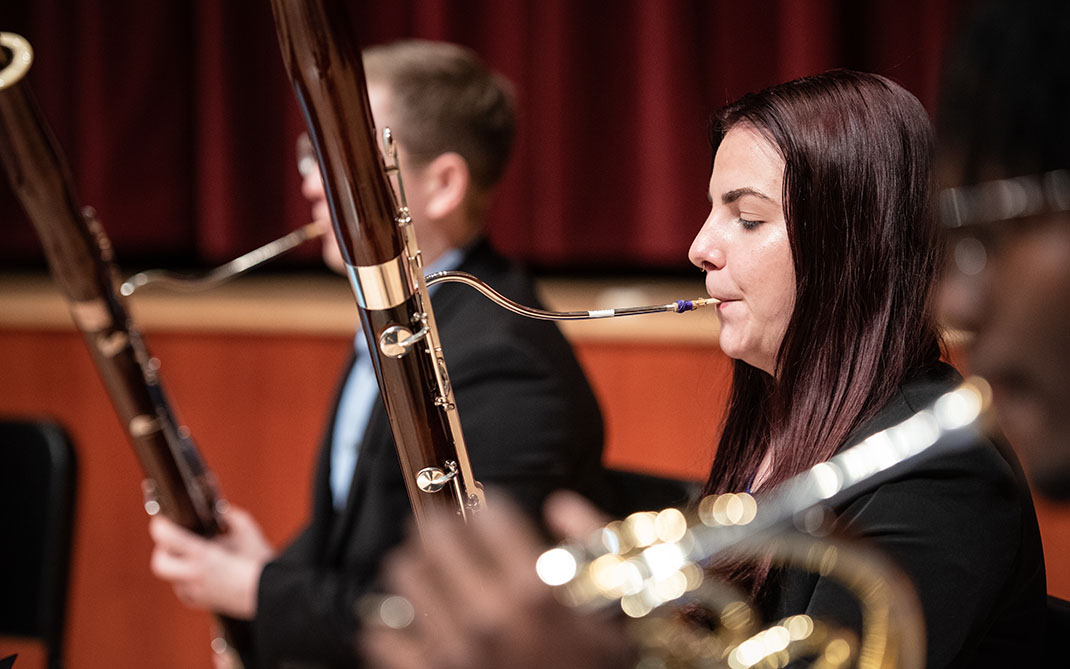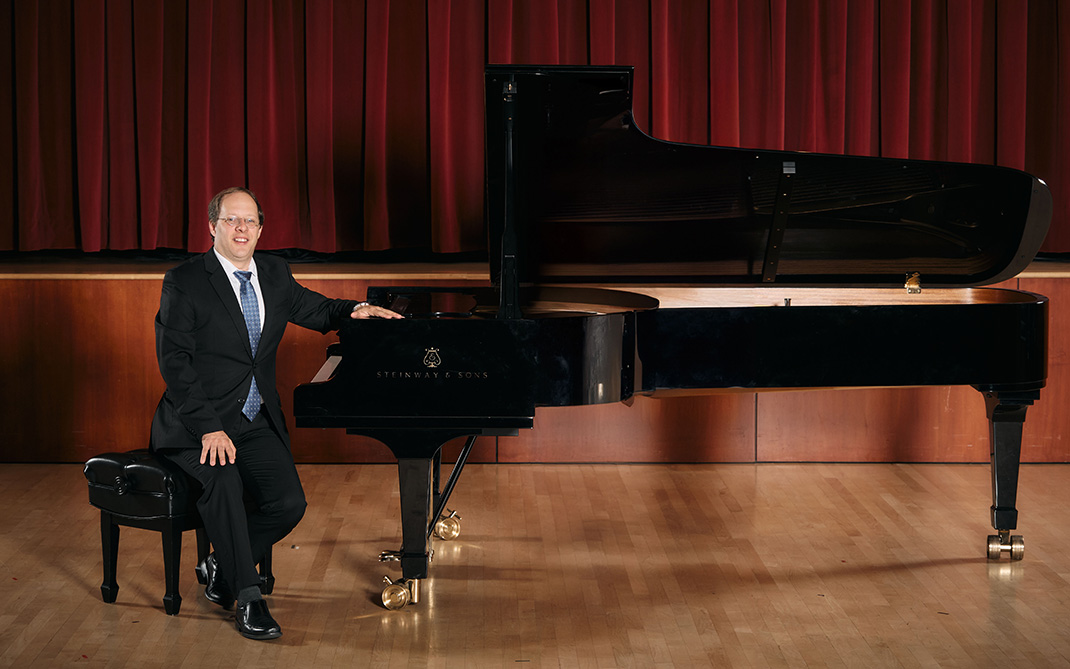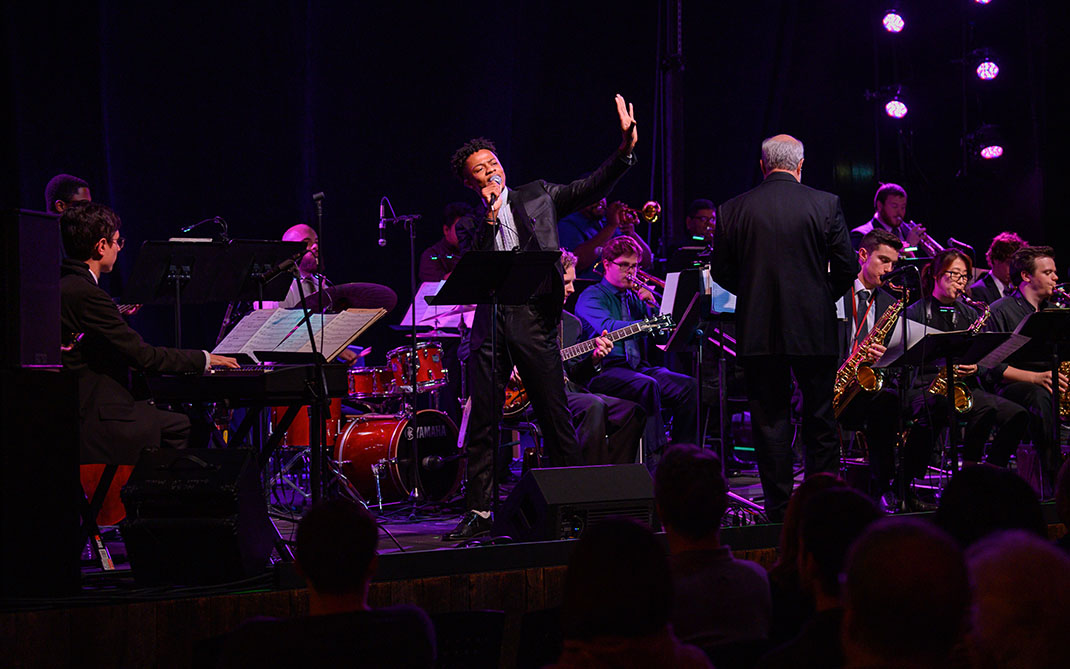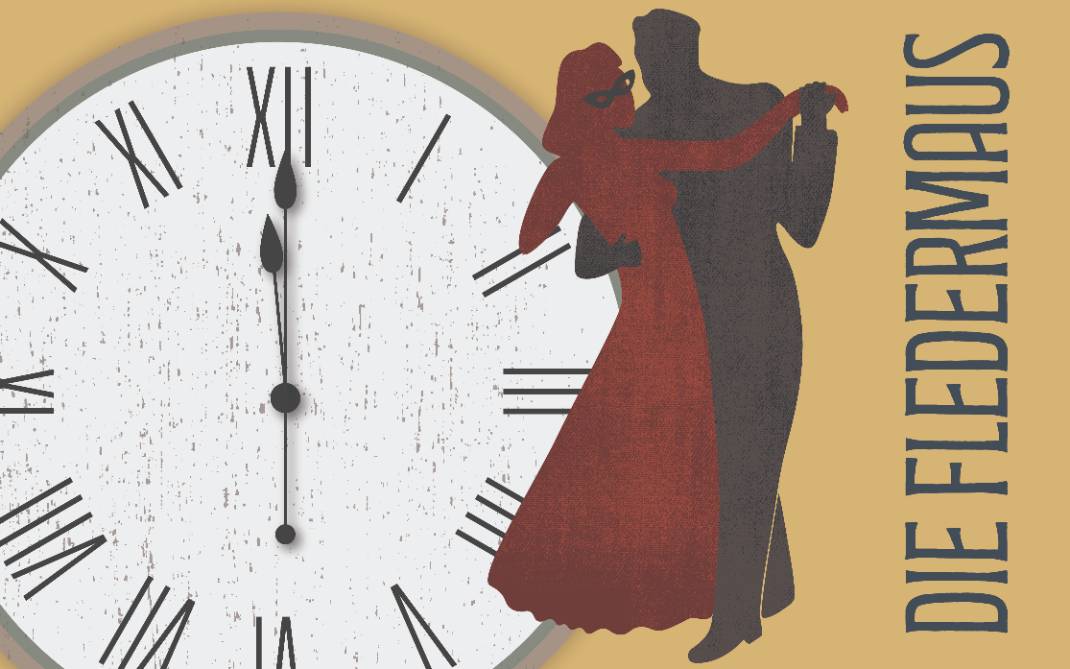Celebrating Constitution Day
 The Constitution of the United States has survived many crises and tests, including
the Civil War. At UNCSA, we celebrate Constitution Day every year around Sept. 17,
along with other schools, colleges and universities in the United States.
The Constitution of the United States has survived many crises and tests, including
the Civil War. At UNCSA, we celebrate Constitution Day every year around Sept. 17,
along with other schools, colleges and universities in the United States.
There will be copies of the Constitution available in the Division of Liberal Arts classrooms. Please feel free to pick up a copy.
History of the U.S. Constitution
In May of 1787, delegates from several states of the newly-formed United States of
America began meeting in Philadelphia to revise the Articles of Confederation, the
first governing document of the new country. Within a month, it was obvious to them
that instead of revising the current governing structure of the country they should
create an entirely new form of government.
During the long, hot summer of 1787, in great secrecy, they argued about issues such
as the relationship between the central government and the states, the relationship
of the states to each other, and the role of the citizen in the new government. The
arguments over issues such as the regulation of commerce and slavery were particularly
heated. Finally, on Sept. 17, 1787, they signed a new Constitution of the United States
of America.
The new Constitution now had to be ratified by a majority of the state legislatures.
The major objections to the new governing document centered on the lack of a bill
of rights, which in the words of Thomas Jefferson, are "what the people are entitled
to against every government on earth . . . and what no just government should refuse."
A set of ten amendments to the Constitution was drafted. These amendments guaranteed
such rights as the free exercise of religion, freedom of speech, freedom of the press,
the right to assemble, the right to bear arms, and the right to a fair trial. The
tenth amendment states that "the powers not delegated to the United States by the
Constitution, nor prohibited by it to the States, are reserved to the States respectively,
or to the people."
The new constitution became effective for the ratifying states when New Hampshire
became the ninth state to ratify it. North Carolina was the twelfth state to ratify
the Constitution. The first presidential election was held in February of 1789 and
the first Congress convened in New York City in March of 1789.
On April 6, 1789, George Washington was inaugurated as the first President of the
United States and the new government began the process of organizing itself. One of
its first acts of Congress was to introduce the new Bill of Rights, which was ratified
by the various states in 1791.
Contact: Division of Liberal Arts
Sept. 17 2024





